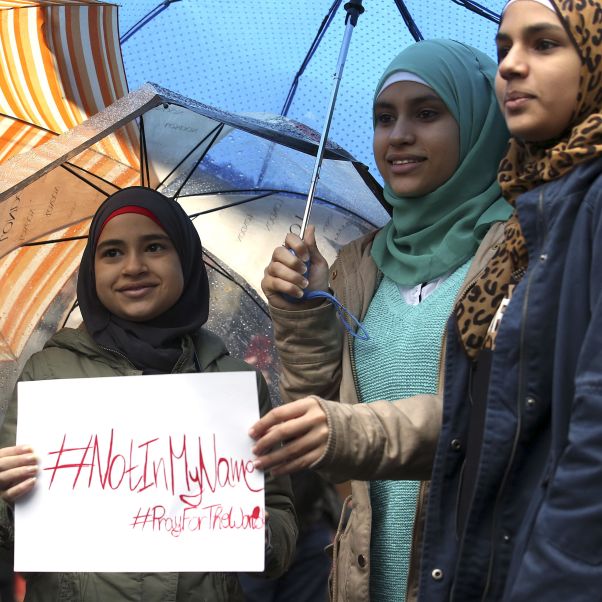OHCHR and terrorism and violent extremism

About acts of terrorism
While declarations, resolutions and universal “sectoral” treaties have articulated some distinct conditions and core elements, no standardized definition of terrorism exists. In the absence of an internationally agreed definition of acts of terrorism, the High Commissioner for Human Rights calls upon States to be guided by the key elements of acts of terrorism provided in Security Council resolution 1566 (2004) and the model definition developed by the Special Rapporteur. As a minimum,Terrorism involves the intimidation or coercion of populations or governments through the threat or perpetration of violence, causing death, serious injury or the taking of hostages.
In reality, national definitions of terrorism remain largely left to the discretion of States, leading to varying interpretations in domestic counter-terrorism legislation. Ambiguous definitions of terrorism in some States have led to policies and practices that violate the fundamental freedoms of individuals and populations, and discriminate against particular groups. National definitions must always comply with international principles of legality and legal certainty.
About violent extremism and human rights
Violent extremism remains a complex and diverse topic to grasp. It is a broader phenomenon than terrorism and is not confined to a specific region, nationality, ideology, or other belief system. There is no clear, universally agreed definition of violent extremism; in fact, the term ‘extremism’ has no basis in binding international legal standards.
The inconsistent approach to defining violent extremism has led to vague definitions that both undermine effective PVE measures and are used as justifications for violating the human rights and fundamental freedoms of certain groups and individuals.
Read more about terrorism and violent extremism
Our work on counter-terrorism
The work of UN Human Rights in this area is guided in part by General Assembly resolution 57/219 (2002) and Commission on Human Rights resolution 2003/68. These and subsequent resolutions call on the High Commissioner's Office to:
- Examine the question of the protection of human rights and fundamental freedoms while countering terrorism, taking into account reliable information from all sources;
- Make general recommendations concerning the obligation of States to promote and protect human rights and fundamental freedoms while taking actions to counter terrorism; and
- Provide assistance and advice to States, upon their request, on the protection of human rights and fundamental freedoms while countering terrorism, as well as to relevant United Nations bodies.
The UN’s counter-terrorism action is based on the Global Counter-Terrorism Strategy (GCTS), adopted by the General Assembly in 2006 and reviewed every two years. It relies on four pillars, the fourth of which focuses on the respect for human rights, the rule of law, and victims of terrorism as the fundamental basis of counter-terrorism. The work is coordinated through eight Global Compact Working Groups, with OHCHR as Chair of the Human Rights and Rule of Law Working Group on Protecting and Promoting Human Rights, the Rule of Law & Supporting Victims of Terrorism. OHCHR is an active member of the other Working Groups that implement various projects, including on human rights mainstreaming and capacity-building.
Through the creation of the Office of Counter-Terrorism in 2017, greater coordination with Member States and capacity-building strategies for domestic institutions became a priority in countering terrorism and preventing violent extremism for the UN. This recognition has led to further collaboration, coordination, and assistance from OHCHR in developing UN human rights compliant counter-terrorism initiatives.
We also maintain a close working relationship with the Special Rapporteur on counter-terrorism and human rights, and seek to deepen partnerships with diverse civil society actors on issues related to respecting human rights while countering terrorism. Further, the Office develops guidance and carries out research on contemporary issues related to human rights and counter-terrorism, such as the use of technology while countering terrorism, and the resurgence of new forms of violent extremism.
Latest reports
A/77/718
Activities of the United Nations system in implementing the United Nations Global Counter-Terrorism Strategy (2022)This report is an update to the previous report (A/74/677) on the activities of the United Nations system in implementing the United Nations Global Counter-Terrorism Strategy.
A/74/677
Report on the activities of the United Nations system in implementing the United Nations Global Counter-Terrorism Strategy (2020)This report complements the previous report of the Secretary-General (A/73/866) “Options on ways to assess the impact and progress made in the implementation of the United Nations Global Counter-Terrorism Strategy by the United Nations system”.
A/HRC/40/28
Report of the High Commissioner for Human Rights on terrorism and human rights, focused on the protection of human rights and fundamental freedoms while countering terrorism (2019)This report is focused on children, considering child victims and witnesses of terrorist acts, children at perceived risk of recruitment and children associated or suspected of association with terrorist groups.
Activities
Panel discussion on Legal Threats to Safety of Journalists
2 November 2023
Others involved
Videos
The Application of Augmented Reality and Virtual Reality Technologies in Countering Terrorism and Preventing and Countering Violent Extremism
8 July 2021
Watch on UN Web TV
Second United Nations High-Level Conference of Heads of Counter-Terrorism Agencies of Member States
30 June 2021
Watch on UN Web TV
International Cooperation to Combat the Use of the Internet for Terrorist Purposes: Opportunities and Challenges
27 June 2018
Watch on UN Web TV